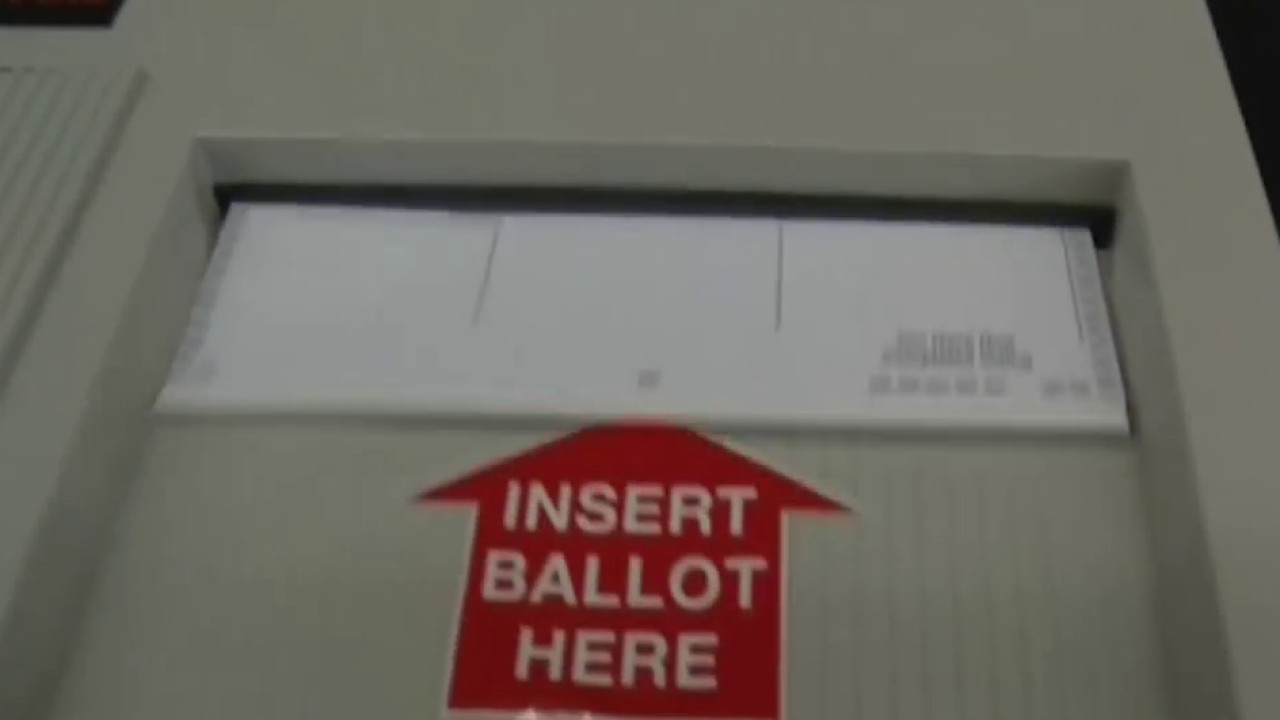Up until two years ago I didn't even know games were made in Chicago. Well, of course there was Midway Games, and it's not like games *weren't* made here, but game development was a thing that happened in Seattle, California, Vancouver and other places in Canada. Not in Chicago, though. Who would want to make games in a frigid place that stands like an island in the middle of what might otherwise be considered a bleak Midwestern landscape?
One would think these misconceptions and general ignorance would be a problem for a guy who'd soon become the chair of a local organization representing many of Chicago's game developers (IGDA Chicago), but I'm a quick learner.
Indeed, though, Chicago does have a long history of game development. From EA to Midway, our romance with game development is sordid and ever-changing. In this millennium alone, we've seen some of the grandaddies of Chicago game development shutter their doors forever, leaving hundreds of game developers to either disperse throughout the country or figure out their own way to make it. Some might mark those closings as the end of Chicago game development, but I prefer to look at it as the beginning of a new era in our city.
We only need to look to Polygon's recent feature on Josh Tsui, a longtime Chicago game developer, to see what Chicago has become: a vibrant game development community with history, experience and new opportunities. Progressive-minded studios like Josh's Robomodo, or Iron Galaxy, or Day 1, or Phosphor (I can go on and on) stand side-by-side with small indie game shops that benefit from the wisdom and experience of the bigger guys in town. In the reverse, the bigger guys learn about an emerging indie game market that's increasingly relevant.
This relationship isn't merely superficial. Since I've been involved with IGDA Chicago, I've spoken on panels where indies and established studios come together to talk about game development; employees from the bigger guys and indies mingle at events like Chicago Industry Night; employees of studios like Phosphor, Robomodo, and Iron Galaxy are seen regularly at Indie City Games (the local Indie Meetup) meetings.
This is what makes Chicago so special: Everybody is willing to learn from each other, and there are fewer and fewer people who won't talk for fear of breaking an NDA. In the March 2012 issue of Game Developer Magazine, Editor Brandon Sheffield said:
"If big publishers [and big developers] want to succeed in this rapidly-changing market, they will have to learn what the Japanese game industry is still trying to catch up to; the more we help each other; the better we all become."
Local
This is what Chicago game development is all about.
Some gamedevs in Chicago will probably hate that I'm saying this; it'll be either too broad and sweeping for them, or too narrow in the way it looks at Chicago's history of game development. These are folks who are both modest in their accomplishments, and at the same time incredibly accomplished individuals. I think that the world is ready to know what we're doing here. It's no longer a secret: Chicago is the place to make games.
Jay Margalus is a game developer at Lunar Giant, and chairs the Chicago chapter of the International Game Developer's Association. He can be reached @Poplicola on Twitter.



